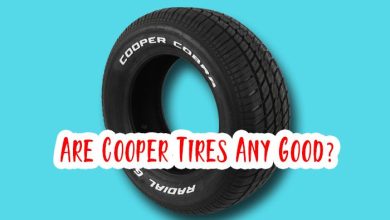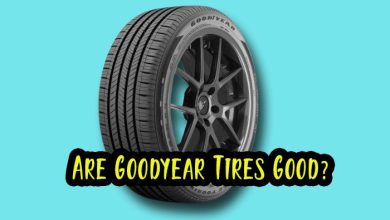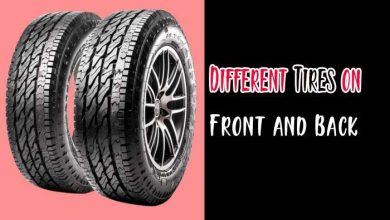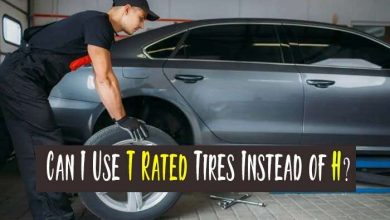Can New Tires Cause Vibration? Expert Insights and Solutions
In the world of automobiles, the rubber that meets the road is a critical factor in the driving experience. As a tire expert with years of experience, I often encounter a common concern among vehicle owners – can new tires cause vibration?
In this detailed blog post, we will delve deep into the world of tire vibrations. We will explore what tire vibration is, the different types, factors influencing it, and common signs of tire-related vibrations.
By the end of this read, you’ll clearly understand whether new tires can cause vibrations and how to prevent these issues.
Read Also: America’s Tire Rotation Cost?
Yes, new tires can cause vibration.
Understanding Tire Vibration
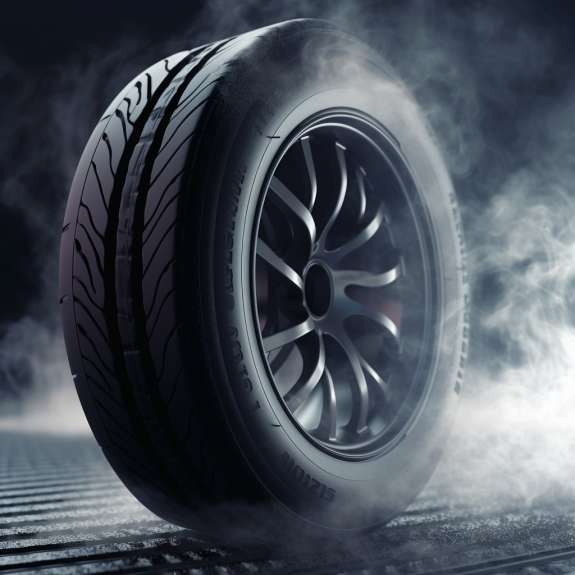
Defining Tire Vibration
Tire vibration is that unsettling sensation when your vehicle seems to shake or vibrate while driving. It’s essential to understand that not all vibrations are the same. Some are harmless, while others can indicate underlying issues. Let’s dive into the nitty-gritty of these vibrations.
Types of Vibrations
- Radial Vibration: This type of vibration occurs when your tire’s tread is uneven, causing it to wobble as it rotates. It often feels like a rhythmic pulsation, especially at certain speeds.
- Lateral Vibration: Lateral vibrations happen when your tires aren’t balanced correctly. You might experience a side-to-side swaying motion while driving.
- Torsional Vibration: Torsional vibrations are less common but can be caused by issues with your vehicle’s drivetrain. They manifest as a twisting or wobbling sensation.
Factors Influencing Tire Vibration
Several factors can contribute to tire vibrations, including:
- Tire Quality: The quality of your tires plays a significant role. High-quality tires are less likely to cause vibrations.
- Tire Wear: Worn-out tires with uneven tread patterns are prone to vibration.
- Wheel Balance: Properly balanced wheels distribute weight evenly, reducing the likelihood of vibrations.
- Alignment: Wheel misalignment can lead to vibrations, affecting tire wear and fuel efficiency.
Now, let’s address the burning question:
Can New Tires Cause Vibration?
Can New Tires Cause Vibration? New tires can cause vibration, but this is usually due to a problem with the tire balance or alignment. It is important to have your new tires balanced and aligned by a qualified tire technician as soon as possible after installing them.
This will help ensure that your tires run smoothly and you do not experience any vibration. Here are some other possible causes of vibration from new tires:
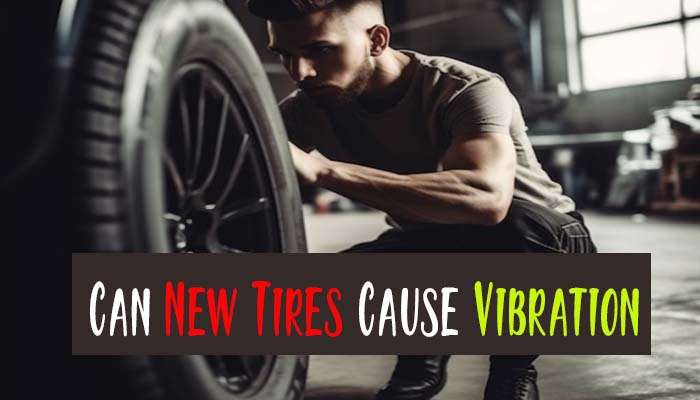
- Out-of-round tire. A tire is out-of-round if it is not perfectly round. This can happen due to a manufacturing defect or a damaged tire. An out-of-round tire can cause vibration at any speed.
- Defective tire. A new tire can be defective from the manufacturer. This can also cause vibration at any speed.
- Bent wheel. A wheel that is bent can cause vibration, especially at higher speeds.
- Loose suspension components. Loose suspension components can also cause vibration.
However, it’s time to investigate whether the vibrations persist or intensify. Here are some common signs to watch out for:
Read Also: Can You Have Different Tires on Front and Back?
Common Signs of Tire-Related Vibration
- Steering Wheel Wobble: If your steering wheel shakes while driving, it clearly indicates vibration issues.
- Seat Vibrations: You might feel vibrations through your seat, indicating problems with the rear tires or suspension.
- Uneven Tire Wear: Check your tires for uneven wear patterns, which can signal alignment or balance problems.
- Strange Noises: Unusual sounds, like thumping or rumbling, can accompany tire-related vibrations.
Preventing Vibration Issues

Now that we’ve discussed the causes and signs of tire-related vibrations let’s discuss prevention. Here are some steps to ensure a smoother ride:
- Proper Tire Installation: Ensure that a professional installs your new tires correctly.
- Regular Maintenance: Schedule regular tire maintenance, including balancing and alignment checks.
- Quality Tires: Invest in high-quality tires from reputable brands to reduce the risk of vibrations.
- Driving Habits: Avoid potholes and rough terrain whenever possible to minimize tire wear and tear.
- Suspension Inspection: Inspect your vehicle’s suspension system regularly to catch any issues early on.
- Tire Rotation: Rotate your tires at the recommended intervals to promote even wear.
Frequently Asked Questions (FAQs)
Can new tires cause vibration, and is it normal?
Yes, it’s normal for new tires to cause minor vibrations initially. However, if these vibrations persist or worsen, it’s advisable to have your vehicle inspected by a professional.
How long does it take for new tires to settle in?
The settling-in period for new tires can vary but typically lasts for the first 100-200 miles of driving. During this time, minor vibrations may occur as the tires adapt to the road surface.
Is tire balancing necessary for new tires?
Yes, tire balancing is crucial for both new and used tires. Properly balanced tires ensure a smoother ride and prolong tire life.
Can wheel alignment cause vibration with new tires?
Yes, improper wheel alignment can lead to vibrations, even with new tires. Regular alignment checks are essential to prevent this issue.
Does your car shake when you need new tires?
Yes, a shaking car can be a sign that your tires need replacement. Worn-out tires with uneven tread can cause vibrations and compromise your safety on the road.
Conclusion
The answer to the question, “Can new tires cause vibration?” is a definite yes. However, it’s essential to understand that these vibrations are often temporary and part of the tire settling-in process. Following proper maintenance practices and promptly addressing any persistent issues, you can enjoy a smooth and safe ride with your new tires.
So, the next time you feel your steering wheel shimmy or your seat vibrate with those fresh rubber companions, remember that patience and maintenance can go a long way in ensuring a comfortable journey.
For more tire-related insights and expert advice, stay tuned to our blog. Safe travels!
References
Glossary
- Tire Balancing: The process of evenly distributing the weight of a tire and wheel assembly to ensure smooth and vibration-free operation.
- Wheel Alignment: The adjustment of a vehicle’s suspension components to bring the wheels into proper alignment, enhancing handling and reducing tire wear.
